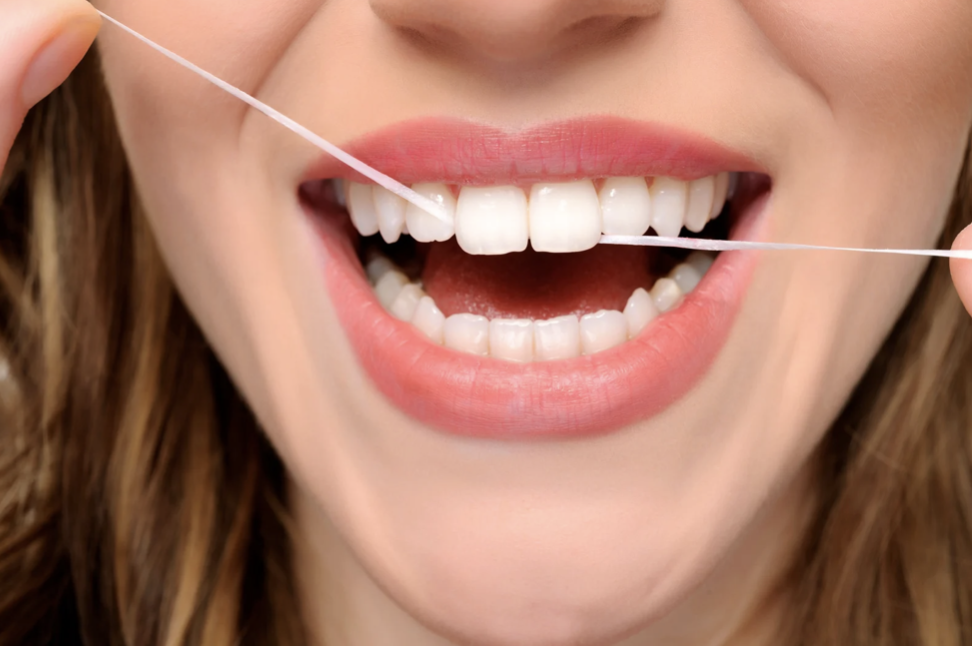
We all know that we need to floss our teeth. But why? And how often should you be flossing? Keep reading!
The importance of flossing
Flossing is an important part of maintaining good oral hygiene and offers numerous benefits for overall dental health. Here are some key reasons why:
- Gets rid of bacteria: Flossing removes plaque and food particles from between teeth and along the gumline, areas that a toothbrush doesn’t reach effectively. This helps eliminate bacteria that can cause significant oral health problems. In fact, flossing cleans 40% of your teeth.
- Prevents tooth decay: By reducing the buildup of plaque, flossing helps prevent tooth decay.
- Prevents gum disease: Flossing can also cause periodontal disease (gum disease) which is a serious condition that can lead to tooth loss and systemic health problems if left untreated.
- Prevents bad breath: Flossing is an effective way to combat bad breath by removing food particles and bacteria that can contribute to the odor. Removing plaque from flossing can also help promote good gum health and prevent gum disease, which can cause bad breath.
- Protects your gums: Flossing can also help you protect your gums and reduce the likelihood of soreness, puffiness, or redness in the gums.
- Prevents tooth discoloration: Regularly flossing can also help you remove plaque that can cause your teeth to be discolored.
How often should you floss?
The American Dental Association (ADA) recommends flossing once a day to remove plaque and food particles between the teeth. You can floss before or after brushing, and make sure to get between each tooth. For a more thorough guide on proper flossing technique, visit your dental hygienist who can help you develop good technique.
What type of floss is best?
For most people, regular string floss works well to clean between your teeth. Dental picks can also be a good way to clean hard-to-reach places. If you have braces, or other types of dental work for which string floss may not be feasible, a water flosser, which uses water pressure to clean between your teeth can also work. If you are not sure what type of floss you should be using, make sure to consult with your dentist.
Can you floss too much or too hard?
If you floss too hard, it is possible to damage your teeth and gums. But if you floss with good technique, it’s fine to floss multiple times a day if you regularly eat foods that easily get stuck between your teeth.
Visit Dr. Ruiz & Associates, Inc in Burbank, California
If you’re in the Burbank area and are looking for a dentist in Burbank to get a dental checkup or cleaning, come visit our dentist office in Burbank, California, Dr. Ruiz & Associates. Dr. Ruiz is a renowned dentist, researcher, and educator who is known as a pioneer in supra-gingival minimally invasive dentistry, or “above the gums dentistry,” a healthier form of dentistry that produces long-lasting, beautiful results. Check out our Google reviews and schedule an appointment with us!




